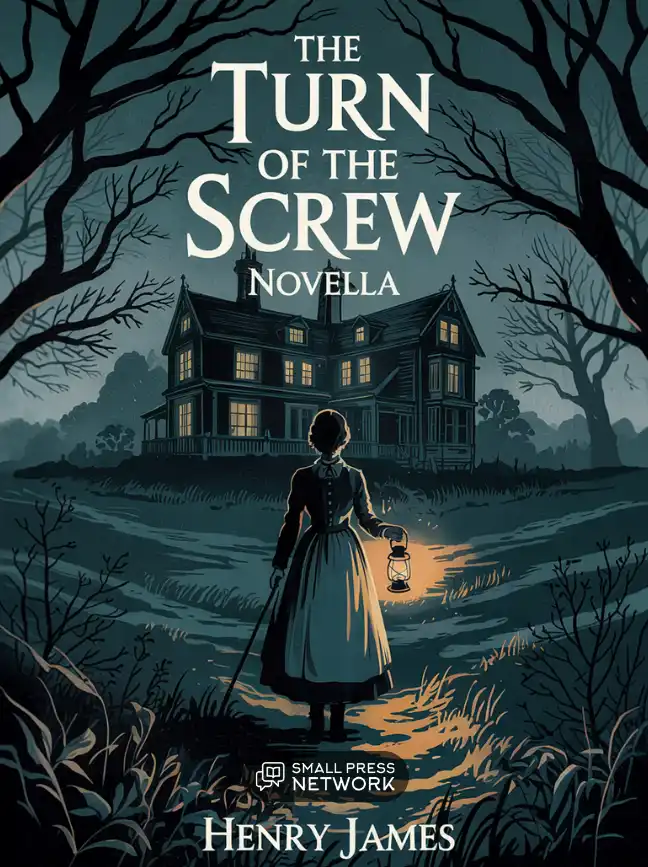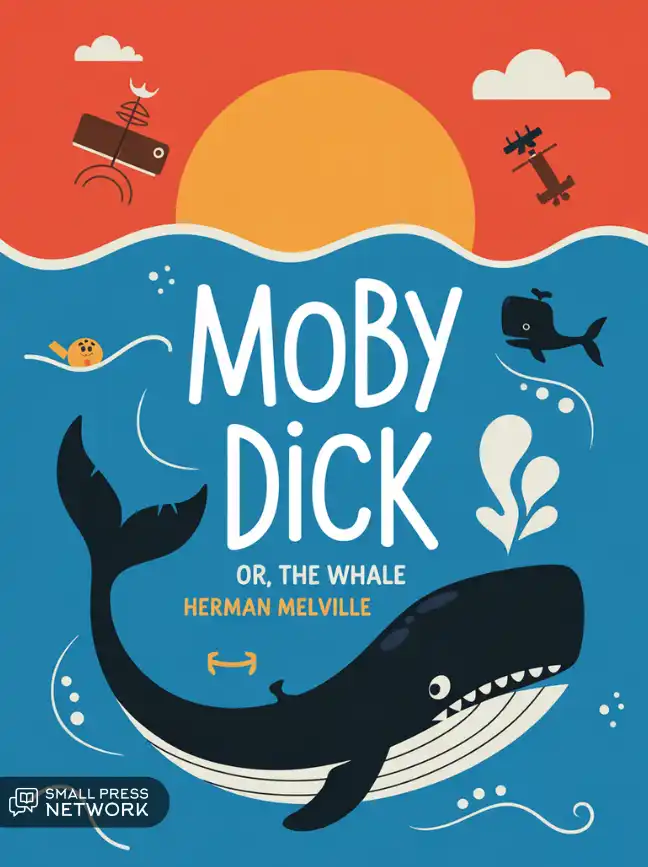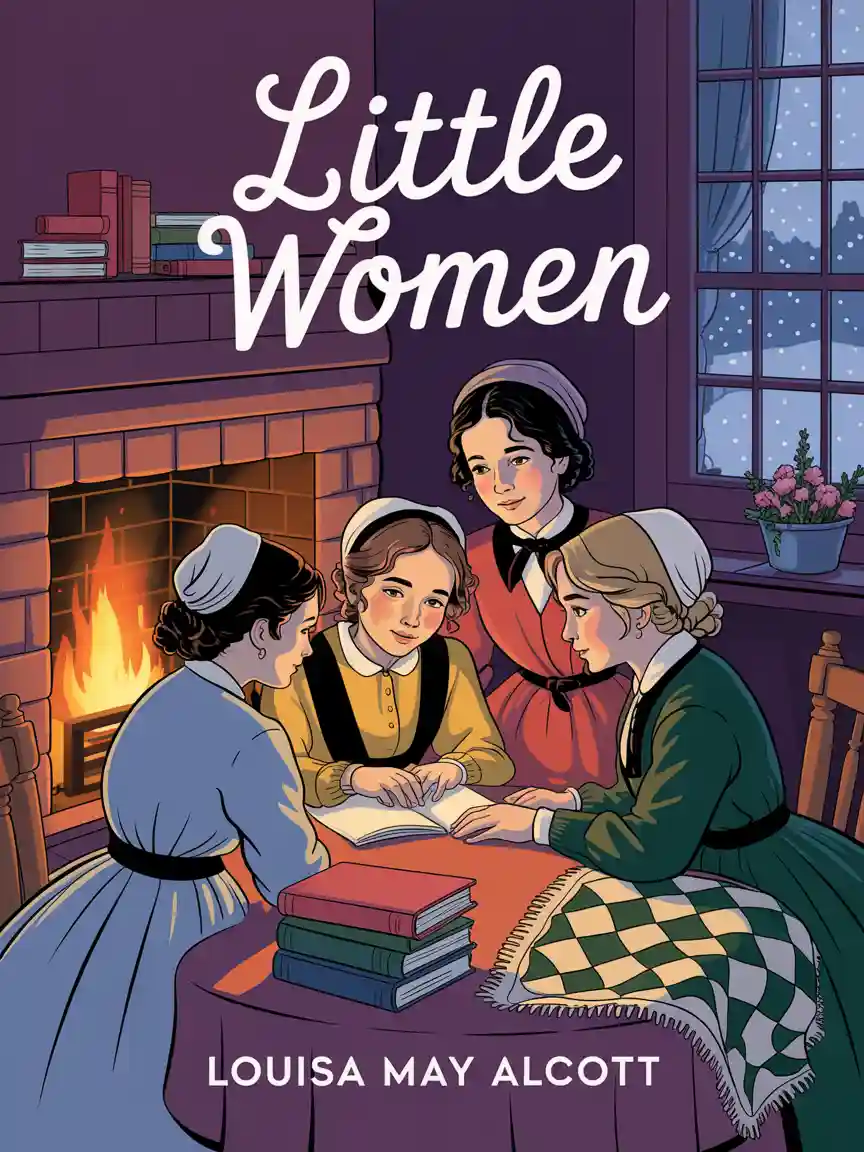IX
I WAITED and waited, and the days, as they elapsed, took
something from my consternation. A very few of them, in
fact, passing, in constant sight of my pupils, without a fresh
incident, sufficed to give to grievous fancies and even to
odious memories a kind of brush of the sponge. I have
spoken of the surrender to their extraordinary childish grace
as a thing I could actively cultivate, and it may be imagined
if I neglected now to address myself to this source for
whatever it would yield. Stranger than I can express,
certainly, was the effort to struggle against my new lights; it
would doubtless have been, however, a greater tension still
had it not been so frequently successful. I used to wonder
how my little charges could help guessing that I thought
strange things about them; and the circumstance that these
things only made them more interesting was not by itself a
direct aid to keeping them in the dark. I trembled lest they
should see that they were so immensely more interesting.
Putting things at the worst, at all events, as in meditation I so
often did, any clouding of their innocence could only be—
blameless and foredoomed as they were—a reason the more
for taking risks. There were moments when, by an irresistible
impulse, I found myself catching them up and pressing them
to my heart. As soon as I had done so I used to say to myself:
“What will they think of that? Doesn’t it betray too much?”
It would have been easy to get into a sad, wild tangle about
how much I might betray; but the real account, I feel, of the
hours of peace that I could still enjoy was that the immediate
charm of my companions was a beguilement still effective
64
HENRY JAMES 65
even under the shadow of the possibility that it was studied.
For if it occurred to me that I might occasionally excite
suspicion by the little outbreaks of my sharper passion for
them, so too I remember wondering if I mightn’t see a
queerness in the traceable increase of their own
demonstrations.
They were at this period extravagantly and
preternaturally fond of me; which, after all, I could reflect,
was no more than a graceful response in children perpetually
bowed over and hugged. The homage of which they were so
lavish succeeded, in truth, for my nerves, quite as well as if I
never appeared to myself, as I may say, literally to catch
them at a purpose in it. They had never, I think, wanted to do
so many things for their poor protectress; I mean—though
they got their lessons better and better, which was naturally
what would please her most—in the way of diverting,
entertaining, surprising her; reading her passages, telling her
stories, acting her charades, pouncing out at her, in disguises,
as animals and historical characters, and above all
astonishing her by the “pieces” they had secretly got by heart
and could interminably recite. I should never get to the
bottom—were I to let myself go even now—of the
prodigious private commentary, all under still more private
correction, with which, in these days, I overscored their full
hours. They had shown me from the first a facility for
everything, a general faculty which, taking a fresh start,
achieved remarkable flights. They got their little tasks as if
they loved them, and indulged, from the mere exuberance of
the gift, in the most unimposed little miracles of memory.
They not only popped out at me as tigers and as Romans, but
as Shakespeareans, astronomers, and navigators. This was so
singularly the case that it had presumably much to do with
the fact as to which, at the present day, I am at a loss for a
66 THE TURN OF THE SCREW
different explanation: I allude to my unnatural composure on
the subject of another school for Miles. What I remember is
that I was content not, for the time, to open the question, and
that contentment must have sprung from the sense of his
perpetually striking show of cleverness. He was too clever
for a bad governess, for a parson’s daughter, to spoil; and the
strangest if not the brightest thread in the pensive embroidery
I just spoke of was the impression I might have got, if I had
dared to work it out, that he was under some influence
operating in his small intellectual life as a tremendous
incitement.
If it was easy to reflect, however, that such a boy could
postpone school, it was at least as marked that for such a boy
to have been “kicked out” by a school-master was a
mystification without end. Let me add that in their company
now—and I was careful almost never to be out of it—I could
follow no scent very far. We lived in a cloud of music and
love and success and private theatricals. The musical sense
in each of the children was of the quickest, but the elder in
especial had a marvellous knack of catching and repeating.
The schoolroom piano broke into all gruesome fancies; and
when that failed there were confabulations in corners, with a
sequel of one of them going out in the highest spirits in order
to “come in” as something new. I had had brothers myself,
and it was no revelation to me that little girls could be
slavish idolaters of little boys. What surpassed everything
was that there was a little boy in the world who could have
for the inferior age, sex, and intelligence so fine a
consideration. They were extraordinarily at one, and to say
that they never either quarrelled or complained is to make
the note of praise coarse for their quality of sweetness.
Sometimes, indeed, when I dropped into coarseness, I
perhaps came across traces of little understandings between
HENRY JAMES 67
them by which one of them should keep me occupied while
the other slipped away. There is a naïf side, I suppose, in all
diplomacy; but if my pupils practised upon me, it was surely
with the minimum of grossness. It was all in the other
quarter that, after a lull, the grossness broke out.
I find that I really hang back; but I must take my
plunge. In going on with the record of what was hideous at
Bly, I not only challenge the most liberal faith—for which I
little care; but—and this is another matter—I renew what I
myself suffered, I again push my way through it to the end.
There came suddenly an hour after which, as I look back, the
affair seems to me to have been all pure suffering; but I have
at least reached the heart of it, and the straightest road out is
doubtless to advance. One evening—with nothing to lead up
or to prepare it—I felt the cold touch of the impression that
had breathed on me the night of my arrival and which, much
lighter then, as I have mentioned, I should probably have
made little of in memory had my subsequent sojourn been
less agitated. I had not gone to bed; I sat reading by a couple
of candles. There was a roomful of old books at Bly—last-
century fiction, some of it, which, to the extent of a distinctly
deprecated renown, but never to so much as that of a stray
specimen, had reached the sequestered home and appealed to
the unavowed curiosity of my youth. I remember that the
book I had in my hand was Fielding’s Amelia; also that I was
wholly awake. I recall further both a general conviction that
it was horribly late and a particular objection to looking at
my watch. I figure, finally, that the white curtain draping, in
the fashion of those days, the head of Flora’s little bed,
shrouded, as I had assured myself long before, the perfection
of childish rest. I recollect in short that, though I was deeply
interested in my author, I found myself, at the turn of a page
and with his spell all scattered, looking straight up from him
68 THE TURN OF THE SCREW
and hard at the door of my room. There was a moment
during which I listened, reminded of the faint sense I had
had, the first night, of there being something undefineably
astir in the house, and noted the soft breath of the open
casement just move the half-drawn blind. Then, with all the
marks of a deliberation that must have seemed magnificent
had there been anyone to admire it, I laid down my book,
rose to my feet, and, taking a candle, went straight out of the
room and, from the passage, on which my light made little
impression, noiselessly closed and locked the door.
I can say now neither what determined nor what guided
me, but I went straight along the lobby, holding my candle
high, till I came within sight of the tall window that presided
over the great turn of the staircase. At this point I
precipitately found myself aware of three things. They were
practically simultaneous, yet they had flashes of succession.
My candle, under a bold flourish, went out, and I perceived,
by the uncovered window, that the yielding dusk of earliest
morning rendered it unnecessary. Without it, the next instant,
I saw that there was someone on the stair. I speak of
sequences, but I required no lapse of seconds to stiffen
myself for a third encounter with Quint. The apparition had
reached the landing halfway up and was therefore on the spot
nearest the window, where at sight of me, it stopped short
and fixed me exactly as it had fixed me from the tower and
from the garden. He knew me as well as I knew him; and so,
in the cold, faint twilight, with a glimmer in the high glass
and another on the polish of the oak stair below, we faced
each other in our common intensity. He was absolutely, on
this occasion, a living, detestable, dangerous presence. But
that was not the wonder of wonders; I reserve this distinction
for quite another circumstance: the circumstance that dread
HENRY JAMES 69
had unmistakably quitted me and that there was nothing in
me there that didn’t meet and measure him.
I had plenty of anguish after that extraordinary moment,
but I had, thank God, no terror. And he knew I had not—I
found myself at the end of an instant magnificently aware of
this. I felt, in a fierce rigour of confidence, that if I stood my
ground a minute I should cease—for the time, at least—to
have him to reckon with; and during the minute, accordingly,
the thing was as human and hideous as a real interview:
hideous just because it was human, as human as to have met
alone, in the small hours, in a sleeping house, some enemy,
some adventurer, some criminal. It was the dead silence of
our long gaze at such close quarters that gave the whole
horror, huge as it was, its only note of the unnatural. If I had
met a murderer in such a place and at such an hour, we still
at least would have spoken. Something would have passed,
in life, between us; if nothing had passed, one of us would
have moved. The moment was so prolonged that it would
have taken but little more to make me doubt if even I were in
life. I can’t express what followed it save by saying that the
silence itself—which was indeed in a manner an attestation
of my strength—became the element into which I saw the
figure disappear; in which I definitely saw it turn as I might
have seen the low wretch to which it had once belonged turn
on receipt of an order, and pass, with my eyes on the
villainous back that no hunch could have more disfigured,
straight down the staircase and into the darkness in which the
next bend was lost.




